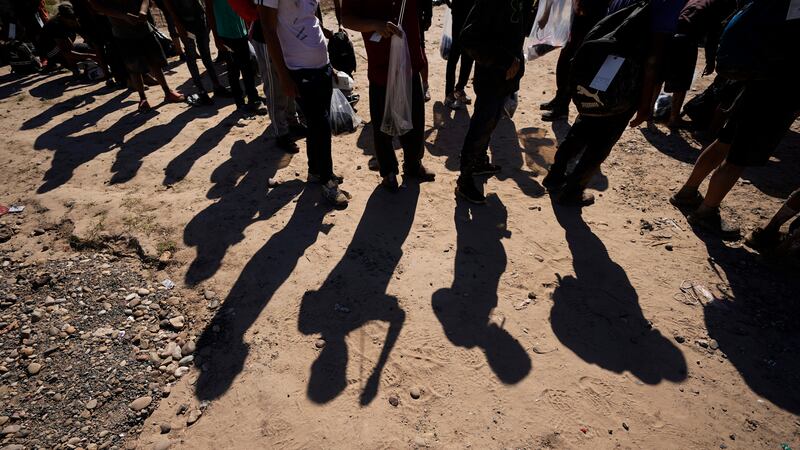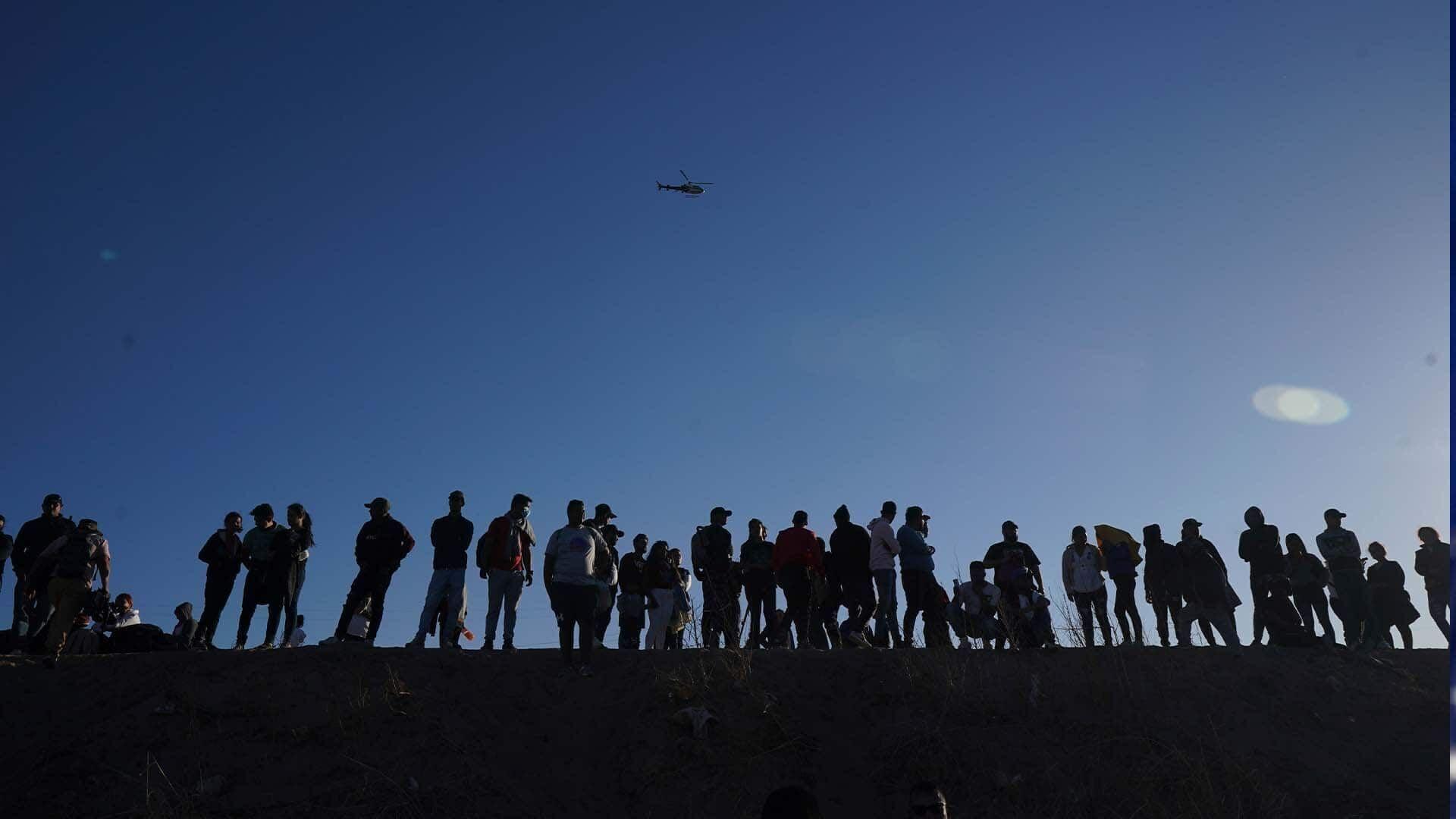In an unexpected turn of events, Abdoul, a 32-year-old political activist from West Africa, found himself detained in a remote Texas jail for weeks on local trespassing charges after crossing the U.S.-Mexico border. This detour highlights the controversial approach Texas has taken in dealing with migrants seeking refuge before settling in cities like New York. Texas, in March, is set to implement a new law granting police increased authority to arrest migrants who enter the state illegally, further fueling an ongoing debate on the effectiveness of such measures.
Migrants Caught in the Crossfire in Texas
Abdoul, fearing persecution in his home country of Mauritania, spoke about his harrowing experience in the Texas jail, enduring sleepless hours sitting on the floor. However, he preferred not to disclose his last name, expressing concerns that it could jeopardize his request for asylum. Texas has been grappling with a surge in illegal border crossings, prompting Governor Greg Abbott to launch Operation Lone Star, a nearly $10 billion border mission. The operation includes controversial measures such as arrests for misdemeanor trespassing, a strategy that has come under scrutiny for its impact on immigration deterrence.

The Plan of Action
Since 2021, Texas authorities have made close to 10,000 arrests on misdemeanor trespassing charges under what Abbott dubbed an “arrest and jail” operation. Borderland owners enter agreements with the state, authorizing trespassing arrests on their properties, providing law enforcement a pathway to apprehend migrants entering the U.S. through those areas.
Governor Abbott had initially predicted swift results, asserting that when people learned about these arrests, illegal crossings would decrease. However, the numbers tell a different story. Despite the aggressive enforcement, border crossings surpassed 1.5 million in the last fiscal year, raising questions about the efficacy of the current approach.
The impending expansion of powers, allowing arrests for illegal entry, faces legal challenges from civil rights organizations. Critics argue that this move constitutes an unconstitutional overreach encroaching on the federal government’s immigration authority. The unresolved debate on the impact of arrests on deterring immigration further complicates the situation.
“Arrest and Jail” Operation
Sheriff Tom Schmerber of Maverick County, where Abdoul was arrested, attests to the continued flow of migrants across the border despite the aggressive enforcement efforts. Governor Abbott hinted at a potential shift in strategy, suggesting that Texas might phase out trespassing arrests in favor of focusing on illegal entry charges that can be enforced statewide.
Operation Lone Star’s controversial “arrest and jail” operation, spearheaded by the Texas Department of Public Safety, has not been without challenges. Constitutional concerns, including claims of due process violations, have surfaced in courts. Some landowners who initially granted permission for trespassing arrests on their properties have requested an end to such actions, arguing that authorities never had permission in the first place.
Slowing Down of the Immigration Process
State Rep. David Spiller, the author of the new arrest law, believes that these prosecutions contribute to slowing down the immigration process. However, critics contend that the cases add to prosecutors’ workloads and may not lead to deportation under federal law, leaving those charged to assimilate into the U.S. population.

Amidst these debates and legal battles, migrants like Abdoul find themselves caught in the crossfire. Abdoul, who endured weeks in a Texas jail, has since moved to New York City, where he awaits a work permit and dreams of pursuing education once his immigration case is resolved. His journey exemplifies the complex and often unintended consequences of Texas’ aggressive approach to border enforcement.